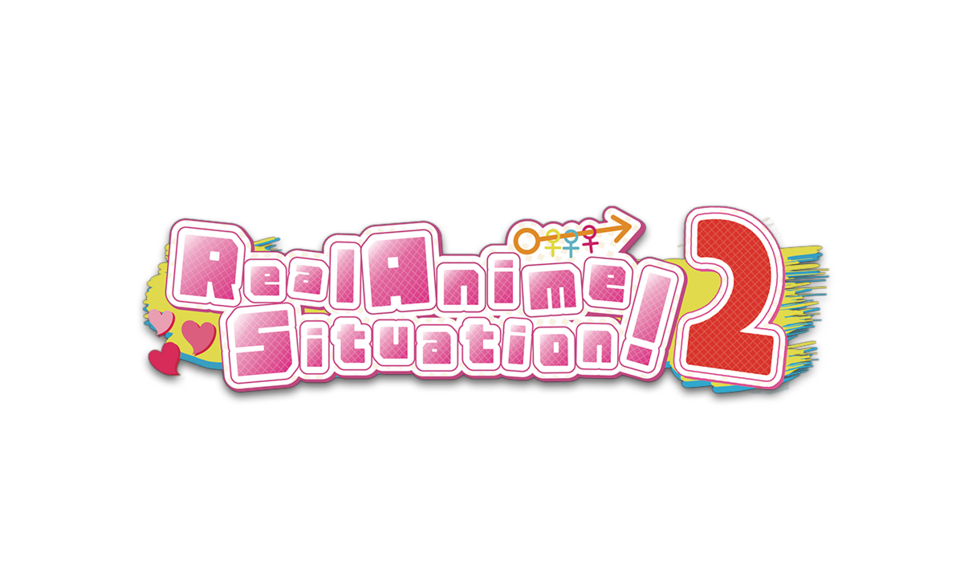Research continues to progress on the potential mental and physical health benefits of psychedelics used in a therapeutic context. Yet psychedelic substances remain illegal around much of the globe, with notable exceptions. The prevailing theory of how psilocybin and other psychedelics might help treat mental health is that they tamp down activity in the brain’s default mode network. It’s a set of regions in the brain that are engaged when people are ruminating about something and one of the few parts that is overactive in people with depression. Eager to bring psychedelic treatments to consumers, corporate firms often extrapolate research findings from tightly controlled clinical trials with carefully selected patients to promote broader use by the general population in almost any setting. “At a high dose, about a third of people in our studies, even under these ideal conditions, can have what would be called a bad trip, some degree of substantial anxiety or fear,” said Johnson, the Johns Hopkins researcher.
Volkow is also concerned about the potential negative impacts of combining psilocybin with other drugs or medications, because it’s something that scientists haven’t studied yet. That could be because those liberal policies might not make it legal to sell psychedelics, he explains. “So if you have a store with hundreds of pounds of shrooms, they’re probably going against the law somehow. And there’s also large growing operations that are being busted.” The new study found that the total amount of mushrooms seized by law enforcement across the country went from nearly 500 pounds in 2017 to more than 1,800 pounds in 2022.
The effects take 20 to 40 minutes to begin and can last up to 6 hours—the same amount of time it takes for psilocin to be metabolized and excreted. Hosted by therapist Amy Morin, LCSW, this episode of The Verywell Mind Podcast, featuring psychologist Brian Pilecki, shares the types of conditions psychedelics might treat, and the best resources to learn more information. Should a request for psilocybin be authorized through the Special Access Program, the manufacturer will be issued a Letter of Authorization, which permits them to legally sell the specified quantity of the drug to the requesting practitioner.
While shroom use can offer profound experiences, it is essential to recognize the signs of misuse and address any problematic use or addiction that may arise. Developing a tolerance to psilocybin can lead to increased consumption, posing potential risks to an individual’s mental and physical health. This section will investigate the various risks and dangers linked to shroom use, including the potential for bad trips and the perils of consuming toxic mushrooms. By understanding these risks, you can make informed decisions about your own use of shrooms and minimize potential harm.
Dating of the group showed that an ancient split of the two gene cluster patterns occurred around 57 million years ago, which also corresponded to a shift in the ecology. The first psilocybin-producing mushrooms likely arose as a wood-decomposing group, then transitioned to soil after the split, with some species such as Psilocybe cubensis transiting to growing on herbivore dung. The ecological shift to dung appears to have occurred at least twice independently in their evolutionary history. Previous studies identified the cluster of four core genes that produce psilocybin based on genomic analysis of threePsilocybe species.